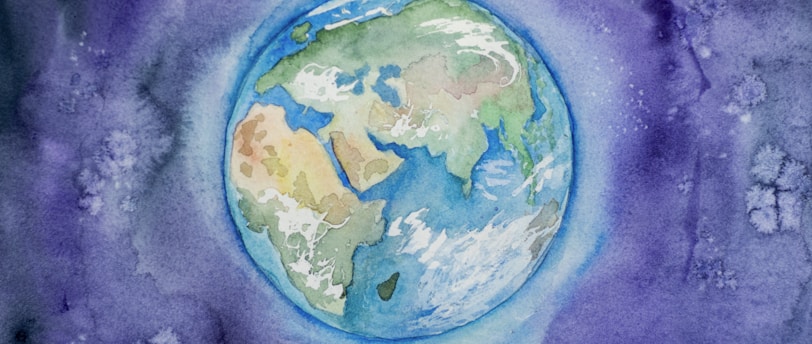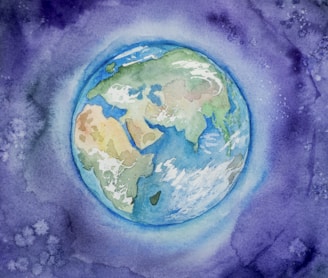Oceans and Sustainability: Preserving Marine Ecosystems: Insights into the Protection and Sustainable Use of the World's Oceans, Seas, and Marine Resources


Oceans cover about 71% of the Earth's surface, playing a vital role in regulating the planet's climate and supporting an incredibly diverse array of life. Yet, the oceans are facing unprecedented threats from overfishing, pollution, climate change, and habitat destruction. This article offers insights into the protection and sustainable use of the world's oceans, seas, and marine resources, highlighting the importance of preserving marine ecosystems for future generations.
#### The Importance of Marine Ecosystems
1. Biodiversity: Oceans host a rich variety of organisms, many of which are unique to marine environments.
2. Climate Regulation: Oceans absorb carbon dioxide and heat, moderating global climate patterns.
3. Economic Value: Marine resources support economies through fisheries, tourism, shipping, and more.
4. Cultural Significance: Oceans have cultural and recreational importance for many coastal communities.
5. Food Security: Seafood is a primary source of protein for billions of people worldwide.
#### Threats to Marine Ecosystems
1. Overfishing: Unsustainable fishing practices deplete fish stocks and disrupt the food chain.
2. Pollution: Pollution from plastics, chemicals, and runoff harms marine life and water quality.
3. Climate Change: Rising sea temperatures and ocean acidification affect coral reefs and other sensitive habitats.
4. Habitat Destruction: Coastal development, mining, and other human activities destroy critical marine habitats.
5. Invasive Species: Non-native species can outcompete native organisms, altering ecosystems.
#### Strategies for Ocean Preservation
1. Marine Protected Areas (MPAs): Designating areas where human activities are limited to protect habitats and species.
2. Sustainable Fishing Practices: Implementing quotas, gear restrictions, and bycatch reduction methods.
3. Pollution Control: Reducing plastic waste, managing runoff, and regulating pollutants.
4. Climate Change Mitigation: Reducing greenhouse gas emissions and enhancing ocean resilience.
5. Scientific Research: Investing in research to understand marine ecosystems and inform conservation efforts.
6. Education and Advocacy: Raising awareness about ocean conservation and promoting responsible behavior.
#### Global Efforts for Ocean Sustainability
1. United Nations' Sustainable Development Goal 14: Aimed at conserving and sustainably using the oceans, seas, and marine resources.
2. The Paris Agreement: Recognizing the vital role of oceans in climate and including measures to protect them.
3. International Maritime Organization (IMO): Regulating shipping to minimize environmental impact.
#### Conclusion
Oceans are not merely vast expanses of water; they are complex, dynamic ecosystems that are integral to life on Earth. The journey towards ocean sustainability is multifaceted, requiring international cooperation, regulatory measures, technological innovation, community involvement, and individual responsibility.
Preserving marine ecosystems is not only an environmental imperative but a social, economic, and moral one as well. It requires recognizing the intricate connections between human activities and the marine environment and committing to actions that nurture rather than exploit these life-sustaining waters.
The waves of change are building, and there is a growing global commitment to preserving our oceans. However, the tide of challenges is strong, and the need for action is urgent. By embracing sustainable practices, investing in knowledge, engaging in thoughtful stewardship, and forging collaborative alliances, we can navigate towards a future where the oceans continue to thrive, inspire, nourish, and protect.
The oceans whisper the songs of life, beauty, and mystery. May we heed their call, act as their guardians, and sail the course of sustainability, honoring the profound and essential nature of our world's oceans, seas, and marine resources.
